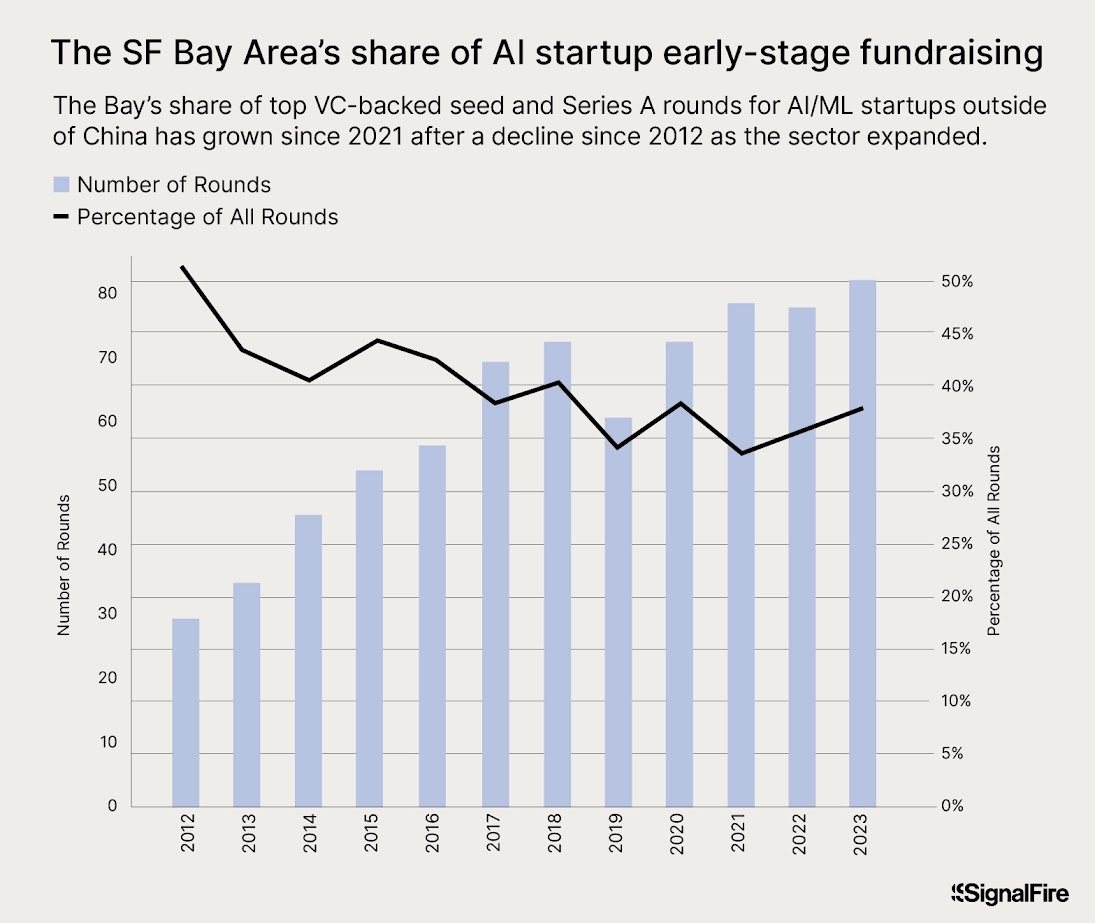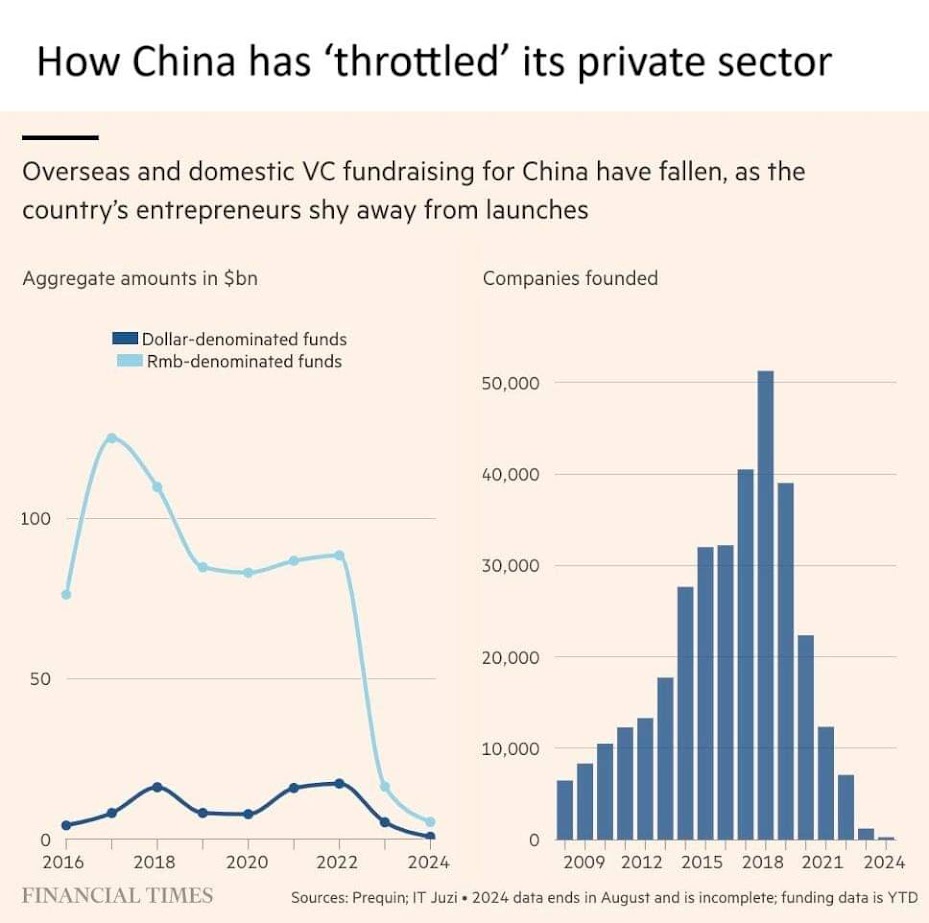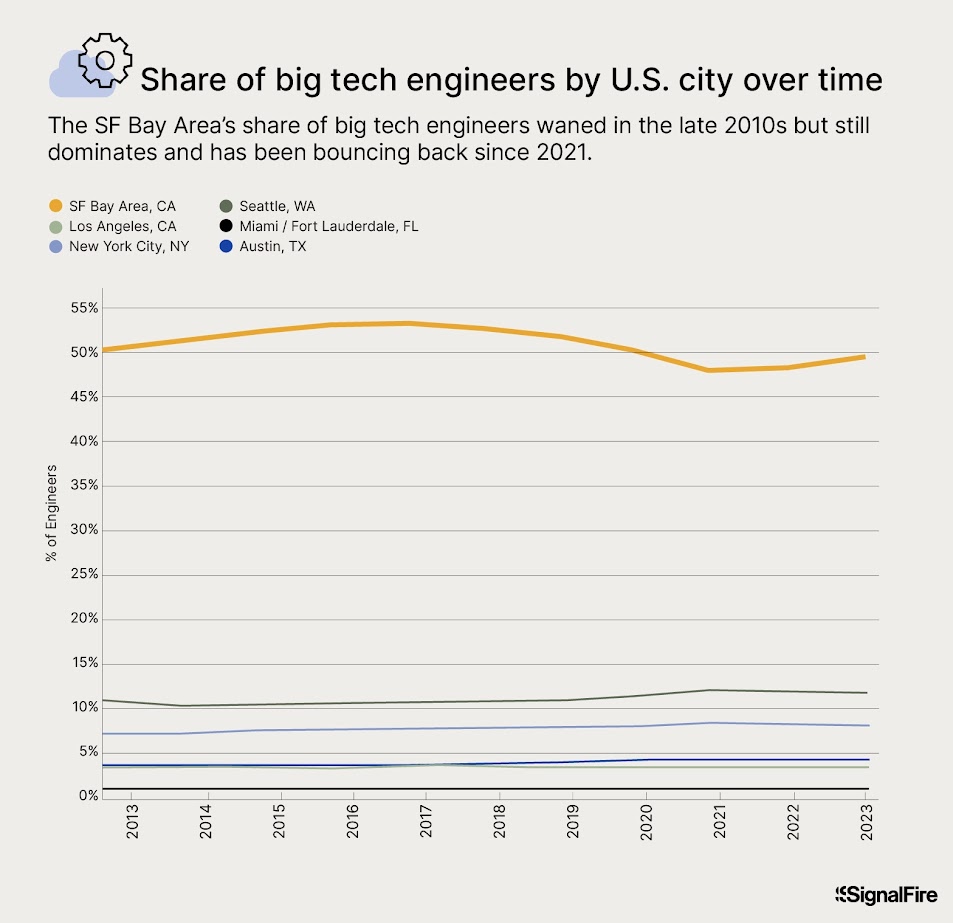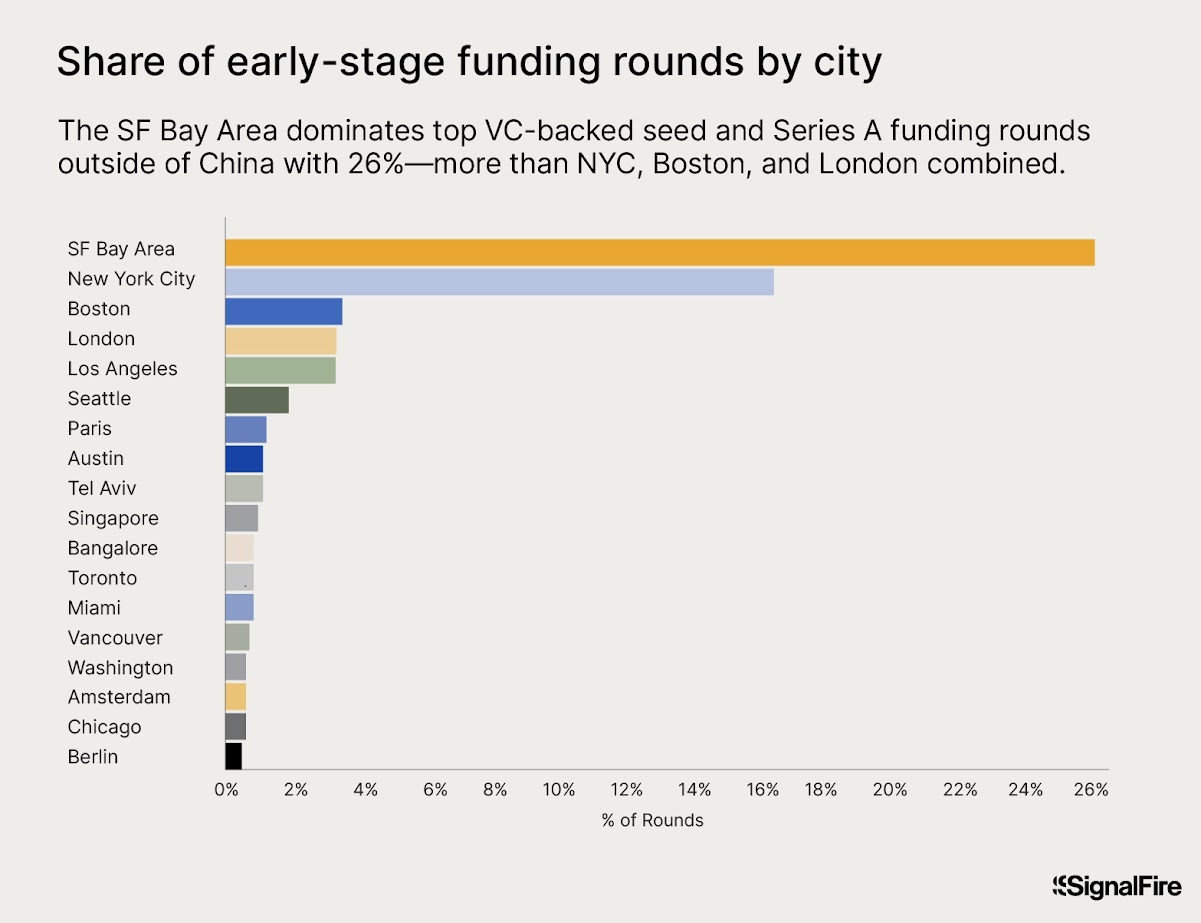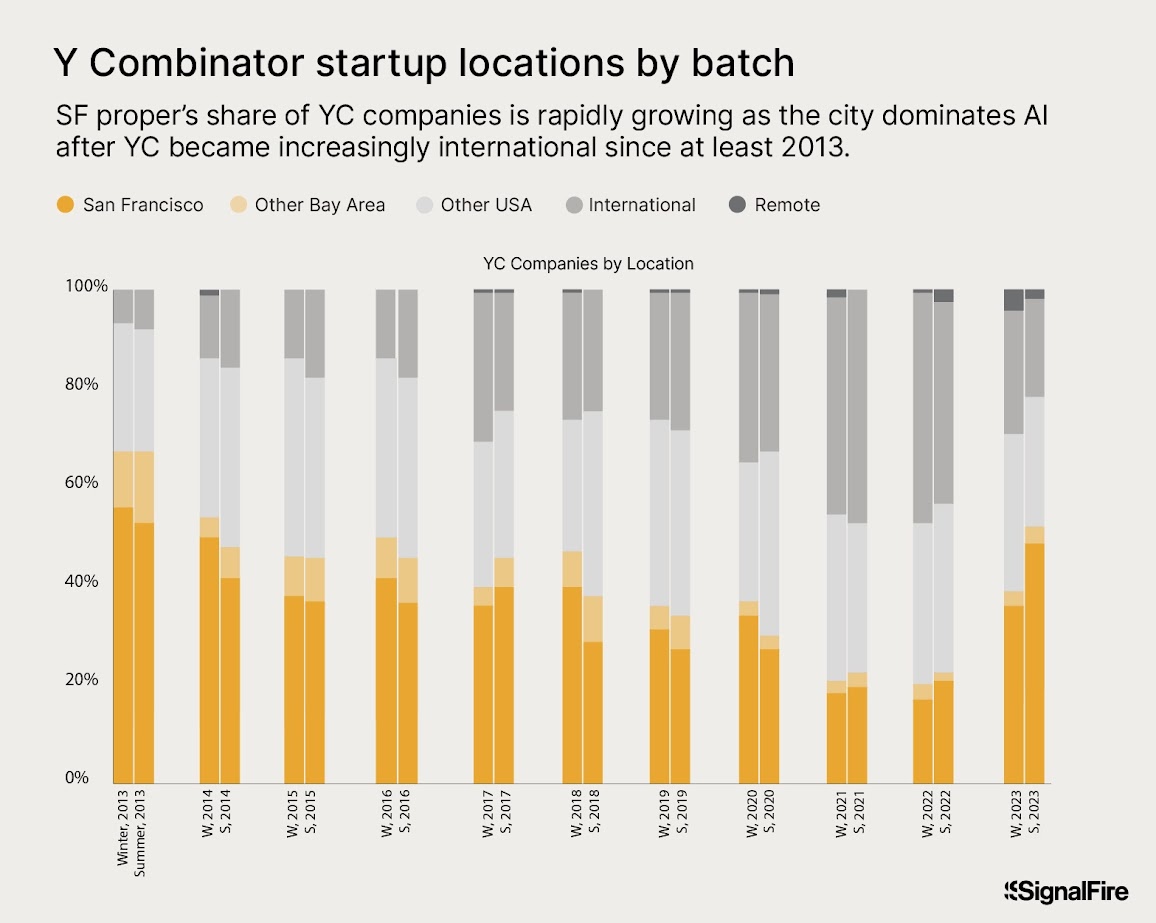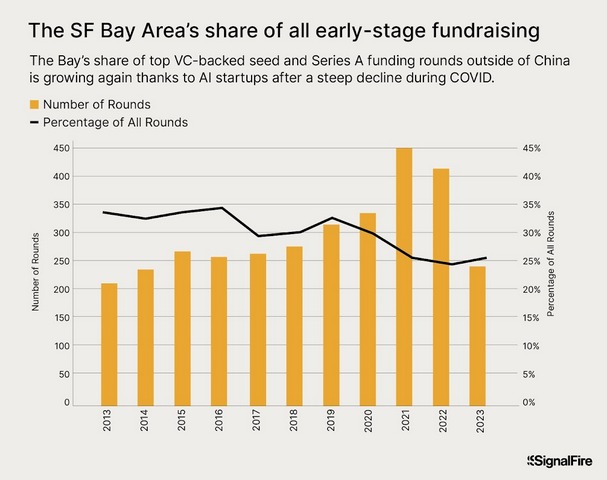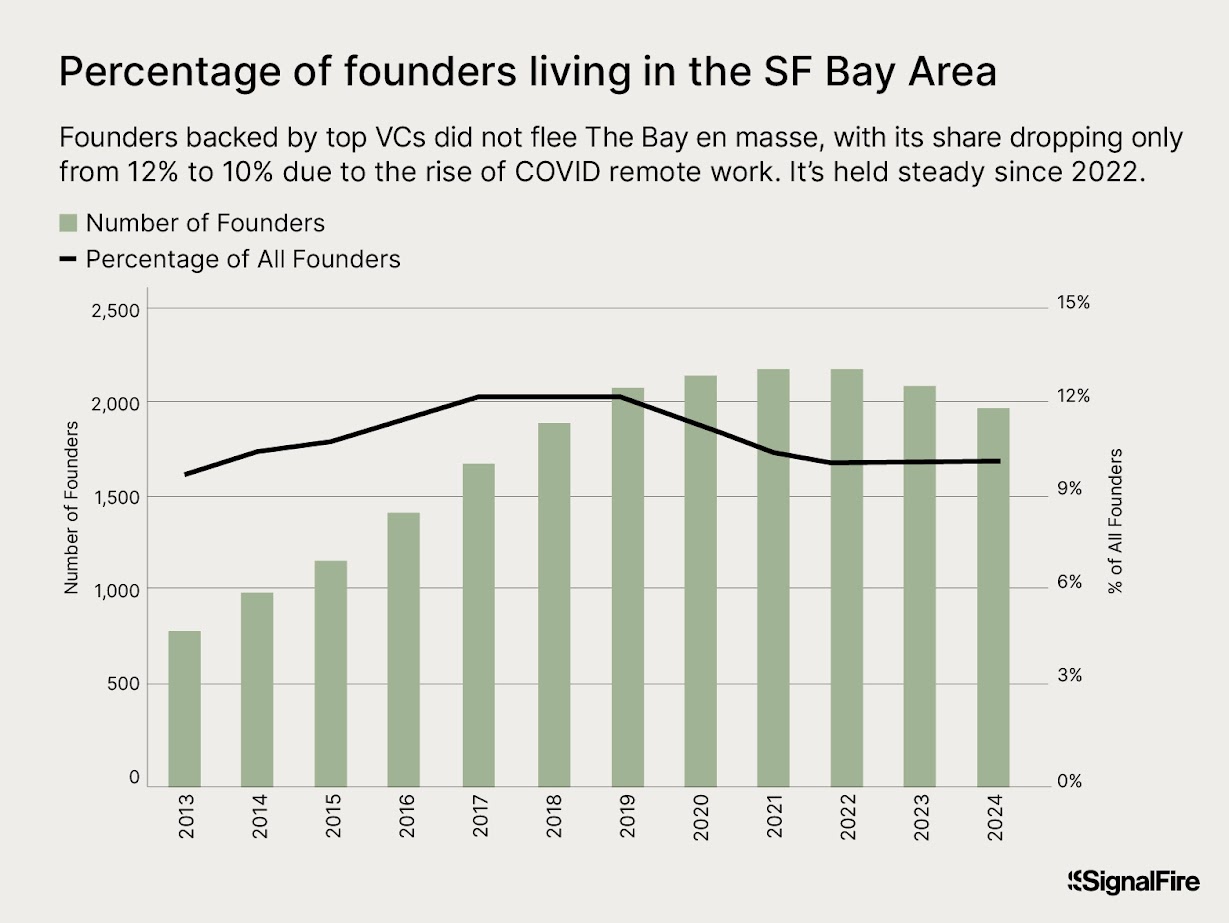Stanford University: The Unmatched Leader
At the top of the list is Stanford University, especially among graduate students. With over 4,214 founders, Stanford leads the pack by a significant margin. This isn’t surprising, given its proximity to Silicon Valley and its strong emphasis on technology and entrepreneurship. The resources and networks available to Stanford graduates undoubtedly play a crucial role in their startup success.
University of California, Berkeley: The Public Powerhouse
For undergraduate students, the University of California, Berkeley takes the crown with 1,811 founders. It’s impressive to see a public university leading in this category, highlighting the strong entrepreneurial spirit fostered at Berkeley. The diverse programs and collaborative environment here seem to inspire students to take the leap into the startup world.
Harvard and MIT: Elite Institutions Making Their Mark
Harvard University and the Massachusetts Institute of Technology (MIT) are also prominent players. Harvard, with 1,352 undergraduate and 3,716 graduate founders, showcases the broad entrepreneurial opportunities beyond its traditional strengths in business and law. MIT, renowned for its engineering and technical programs, has 1,175 undergraduate and 2,834 graduate founders, emphasizing the importance of technical expertise in today’s startup landscape.
Private vs. Public Universities: A Closer Look
One interesting trend is the dominance of private universities in the graduate category. With the exception of Berkeley, most top-ranking universities like Stanford, Harvard, and MIT are private institutions. This suggests that private universities might offer more robust support systems, resources, and networks for aspiring entrepreneurs at the graduate level. In contrast, the undergraduate rankings feature a mix of public and private universities, indicating that both types of institutions are effective in nurturing early-stage entrepreneurs.
Global Influence: Tel Aviv University Stands Out
Among the universities listed, Tel Aviv University is the only non-American institution in the undergraduate rankings, with 893 founders. This highlights the global nature of the startup ecosystem and the role international universities play in fostering entrepreneurship. Tel Aviv, known for its vibrant tech scene, provides an excellent environment for students to develop and launch startups.
The Role of Graduate Programs in Startup Success
The data clearly shows that graduate programs have a more substantial impact on producing startup founders compared to undergraduate programs. For instance, Stanford University has more than double the number of graduate founders compared to its undergraduate count. This underscores the importance of advanced education and specialized training in equipping individuals with the skills and knowledge needed to succeed in the competitive startup world.
Conclusion: The Power of Education in Entrepreneurship
Reflecting on this data, it’s evident that top universities play a pivotal role in shaping the next generation of entrepreneurs. Whether it’s through comprehensive undergraduate programs or specialized graduate training, these institutions provide the necessary tools, networks, and environments that foster startup success. As someone aspiring to join this dynamic world, understanding the influence of educational background on entrepreneurial achievements is both inspiring and motivating.
Read the article: “Revolutionary Compensation: The Proven Power of OTE in Sales”
